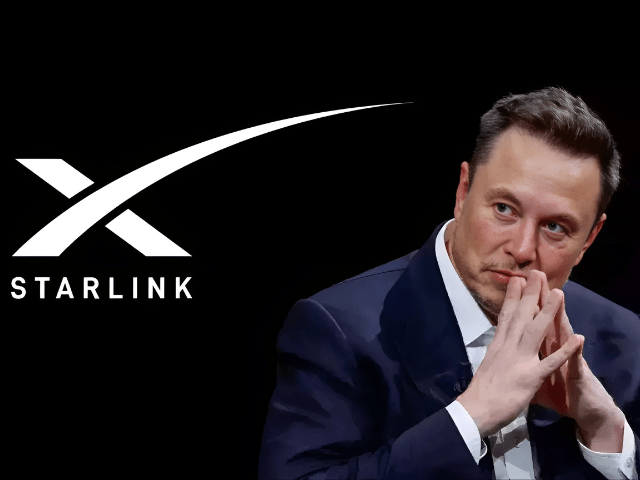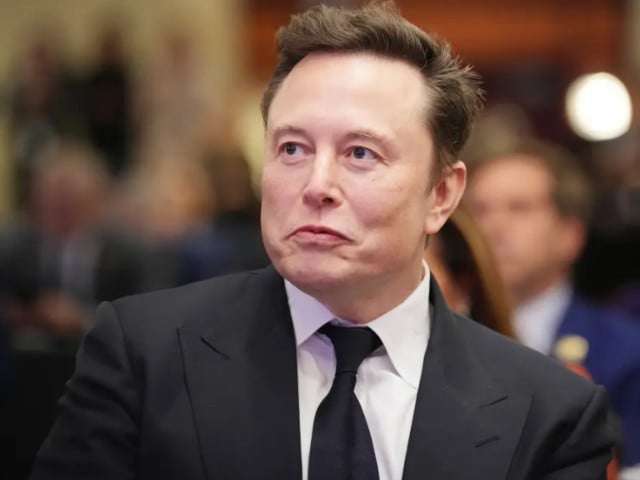Elon Musk’s Starlink Faces Regulatory Roadblocks in South Africa
Elon Musk’s satellite internet venture, Starlink, is entangled in a regulatory dispute with South Africa over the country’s Black Economic Empowerment (BEE) laws. Musk alleges that Starlink’s inability to operate in South Africa stems from racial policies, a claim that South African officials have firmly denied.
Regulatory Hurdles and Compliance Issues
The Independent Communications Authority of South Africa (Icasa) mandates that foreign-owned telecommunications companies must have a minimum of 30% equity ownership by historically disadvantaged groups, including Black South Africans, women, youth, and individuals with disabilities. This requirement is part of South Africa’s efforts to address economic disparities resulting from apartheid.
Despite Musk’s assertions, Icasa has clarified that Starlink has not submitted a formal application for the necessary licenses to operate in South Africa. The regulator emphasizes that compliance with local laws is essential for any company wishing to provide services within the country.
Government’s Stance and Potential Alternatives
South African officials have reiterated that the issue is not about Musk’s race but about adherence to national regulations. Communications Minister Solly Malatsi has suggested exploring alternatives to the 30% ownership requirement, such as skills development initiatives, to facilitate Starlink’s entry into the market. However, no concrete progress has been made, and political resistance remains strong.
Broader Implications and Diplomatic Tensions
The dispute has broader implications for U.S.-South Africa relations. Musk’s criticisms align with those of former U.S. President Donald Trump, who has accused South Africa of persecuting white farmers. These allegations have been widely dismissed but have contributed to diplomatic tensions between the two nations.
Starlink’s Operations in Other African Countries
While facing challenges in South Africa, Starlink has successfully launched services in over 20 African countries, including Nigeria and Somalia. In some cases, such as Lesotho, the company secured licenses after U.S. diplomatic pressure. In Namibia, discussions are ongoing to potentially exempt Starlink from local ownership laws.
Potential Benefits and the Path Forward
South Africa, where approximately 20% of the population lacks internet access, could benefit significantly from Starlink’s satellite internet services. A resolution between the government and Musk’s company could help bridge the digital divide and support the country’s goal of achieving universal internet access by 2030.
FAQs
Q1: Why is Starlink not operating in South Africa?
A1: Starlink has not applied for the necessary licenses to operate in South Africa. The country’s regulations require foreign-owned telecommunications companies to have at least 30% ownership by historically disadvantaged groups, which Starlink has not complied with.
Q2: Has the South African government banned Starlink because Elon Musk is not Black?
A2: No. South African officials have stated that the issue is about regulatory compliance, not Musk’s race. The requirement for 30% local ownership applies to all foreign telecommunications companies.
Q3: Are there any efforts to modify the ownership requirements for companies like Starlink?
A3: Communications Minister Solly Malatsi has proposed exploring alternatives to the 30% ownership requirement, such as skills development initiatives. However, no formal changes have been implemented.
Q4: Is Starlink operating in other African countries?
Yes, Starlink has launched services in over 20 African countries, including Nigeria and Somalia. In some instances, the company has secured…licenses after negotiations with local governments.
Q5: What are the potential benefits of Starlink operating in South Africa?
A5: Starlink’s satellite internet services could help provide internet access to underserved areas in South Africa, supporting the country’s goal of achieving universal internet access by 2030.


